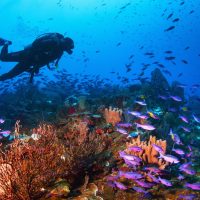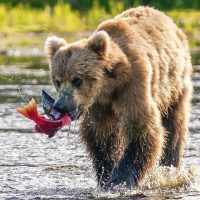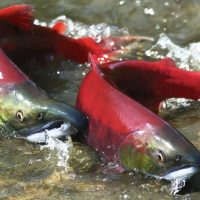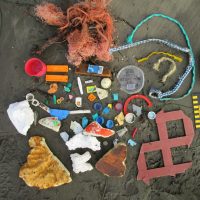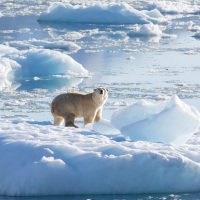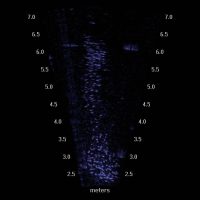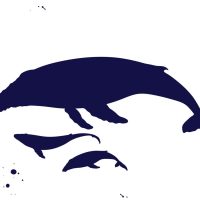Filter Results
Scientists Believe Evolution Could Save Coral Reefs, If We Let It
Coral reefs can adapt to climate change if given the chance to evolve, according to a study led by Coral Reef Alliance, Rutgers University, the University of Washington and other institutions.
The recent study, published in the journal Nature Ecology and Evolution, finds that coral reefs can evolve and adapt to the effects of climate change—but only if we protect a sufficient diversity of coral reefs, particularly when it comes to temperatures.
In a warming climate, Bristol Bay sockeye return this summer to Alaska in another record run
In mid-July, sockeye poured into this stream, skittering through the shallows balanced on their bellies as their backs thrust out of the water.
These fish were part of a record surge of more than 78.3 million salmon that returned this summer to Bristol Bay, providing a mainstay harvest for thousands of fishermen from Alaska, Washington and other states. This spectacular display of abundance in the northern realm of sockeye came during a warming century when some wild salmon runs often have struggled.
Ecological Data From Deep In The Pantry
Most people wouldn’t be excited by a call offering a basement full of canned salmon dating back to the 1970s. But for researchers trying to establish baselines for what’s normal and what’s not when it comes to aquatic parasite populations, the archive of fishy tins, maintained by the Seattle-area Seafood Products Association, was a valuable resource. Natalie Mastick, a PhD candidate in the University of Washington’s School of Aquatic and Fishery Sciences, joins guest host Roxanne Khamsi to explain the study.
Read moreBeach trash accumulates in predictable patterns on Washington and Oregon shores
Citizen scientists recorded trash on Pacific Northwest beaches, from southern Oregon to Anacortes, Washington, to contribute to the growing study of marine trash. A study by the University of Washington analyzed 843 beach surveys and found that certain beaches, and certain areas of a single beach, are “sticky zones” that accumulate litter.
Read moreNewly documented population of polar bears in Southeast Greenland sheds light on the species’ future in a warming Arctic
A new population of polar bears documented on the southeast coast of Greenland use glacier ice to survive despite limited access to sea ice. This small, genetically distinct group of polar bears could be important to the future of the species in a warming world.
Read moreSpring Graduation
Graduates, friends, family and other members of the UW community are warmly invited to the UW School of Aquatic and Fishery Sciences 2022 Graduation Celebration on Friday, June 10, 2022.
Read more2022 UW Aquatic Sciences Open House
Join us for the 2022 UW Aquatic Sciences Open House hosted by SEAS this Saturday (May 21st) from 10 AM to 4 PM in FSH. We hope to see you all there!
Read moreTed Pietsch awarded Society for the History of Natural History Founders’ Medal 2022
The Founders’ Medal is awarded to persons who have made a substantial contribution to the study of the history or bibliography of natural history through a sustained record of high-quality publications, and a sustained contribution to dissemination of the history of natural history through practice or curation.
Read moreSound solutions for Seattle’s salmon
By mounting a specialized mobile sonar called a DIDSON (Dual-frequency IDentification SONar) under a kayak, UW research scientist Kerry Accola is able to count the juvenile salmon along the shoreline from the water’s surface. The sonar is capable of capturing high fidelity images during the day and also the night, when normal visibility is greatly reduced.
Read moreSAFS Research Roundup: Washington’s Sea Otters and Whale Twins
Graduate student Jessie Hale released a paper rethinking the status, trends, and equilibrium abundance estimates of Washington State’s sea otter population and Ruth Drinkwater’s (BS 2021) capstone project, “Estimating proportions of identical twins and twin survival rates in cetaceans using fetal data,” was published in Marine Mammal Science.
Read more